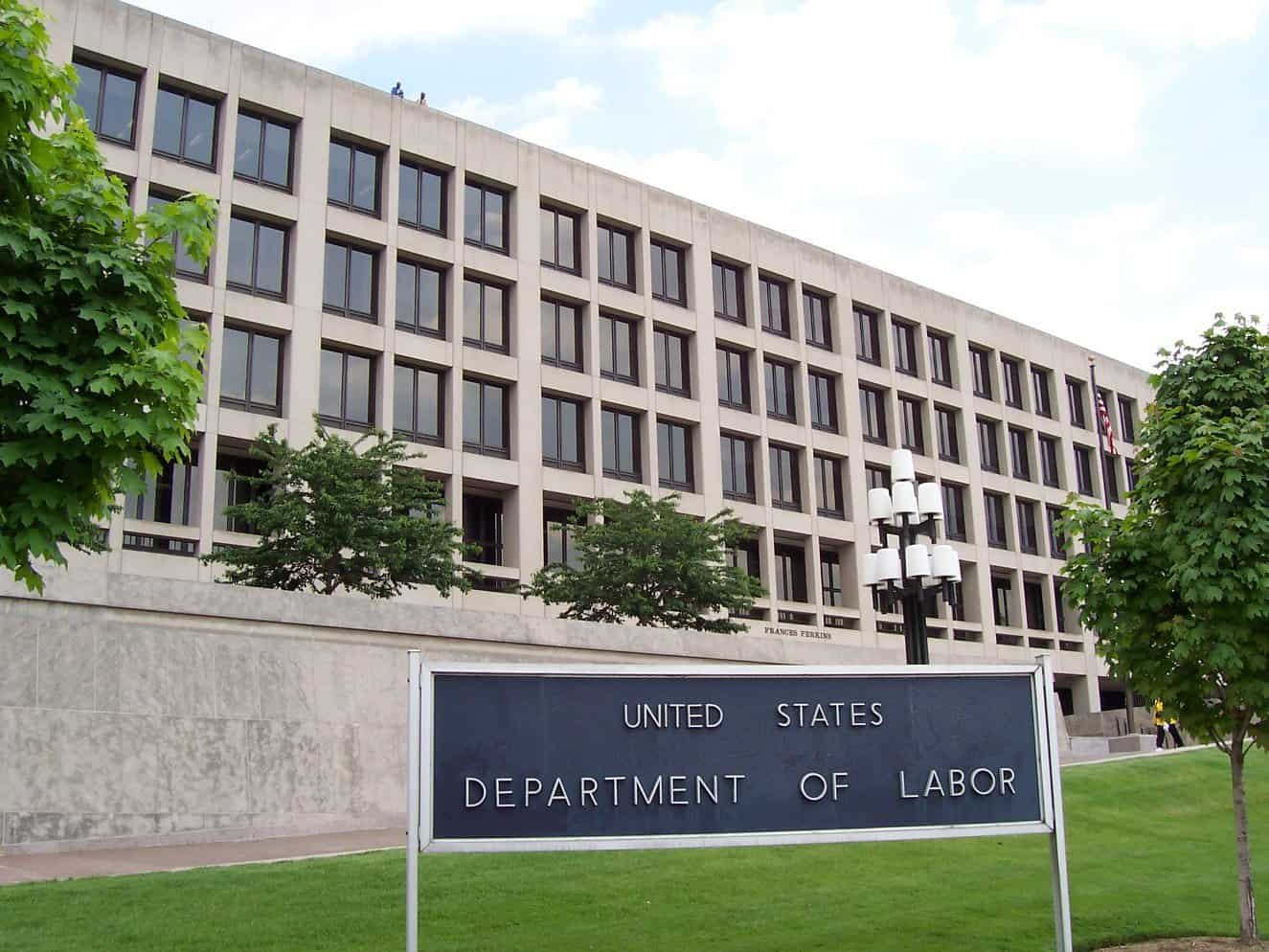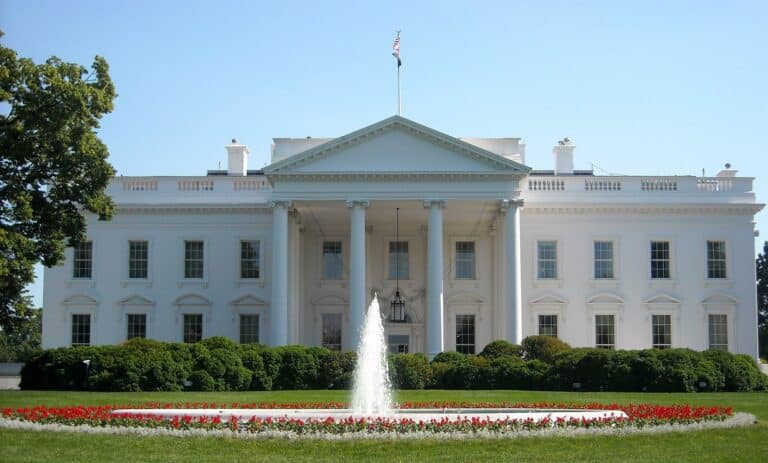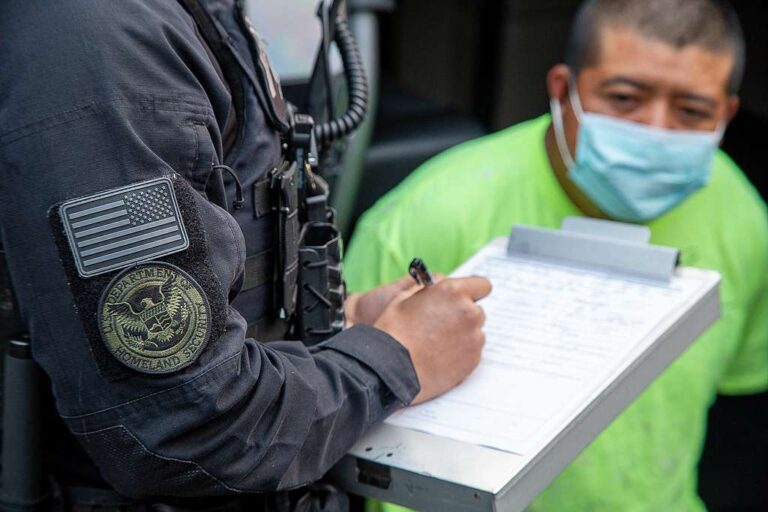Deanna Krokos is a student at Harvard Law School
On Wednesday, the House of Representatives voted to pass the Protecting Older Workers Against Discrimination Act (POWADA). The act would make it easier for older workers suing under the Age Discrimination in Employment Act of 1967 to prove their case in court, instructing courts to find a violation where the age was a motivating factor in the employer’s adverse action, thereby allowing plaintiffs relief in “mixed-motive” cases. The bill passed 261-155, on a bipartisan basis garnering the support of 34 Republican legislators.
If passed by the Senate, the bill will effectively overrule 2009’s Gross v. FBL Financial Services, a Supreme Court Case that requires age discrimination plaintiffs to show the discrimination was the sole purpose of the adverse employment action, and allowing employers to evade liability if they can show that any “reasonable factor other than age” impacted their decision. Gross placed the entire burden of proof on the plaintiff and created a near impossible “but-for” causation standard. POWADA would allow a plaintiff to show that age was a motivating factor in the decision, and then shift the burden of production and persuasion to employer to prove that in a hypothetical scenario, they would have taken the action regardless of any discrimination.
Jack Gross, the plaintiff who brought the initial litigation after being demoted, spent years advocating for a change in the burdensome standard, including testifying before the Senate in 2010. In 2017, the AARP conducted a study, finding that “nearly 2 out of 3 workers ages 45 and older have seen or experienced age discrimination on the job.”
Bloomberg Law reports that worker centers across the country are preparing to defend their legal status in court. For two-years, the Department of Labor has been investigating Centro de Trabajadores Unidos en Lucha (CTUL), a worker center in Minneapolis, to determine whether or not they are operating as a “labor organization” are should be more strictly regulated. Bloomberg Law writes that worker centers are not unions, but rather “an alternative… providing low-income, vulnerable workers with training and other tools to improve workplace conditions.” Though they may lead campaigns to pressure certain employers to make systemic changes, as CTUL did against Target, worker centers primarily educate and train workers and do not serve the traditional “union” roles like collective bargaining. Bloomberg Law notes that if the DOL classifies CTUL as a union, subjecting them to onerous federal regulation, other workers centers across the country are likely to bring a challenge to protect their status.






Daily News & Commentary
Start your day with our roundup of the latest labor developments. See all
May 30
Trump's tariffs temporarily reinstated after brief nationwide injunction; Louisiana Bill targets payroll deduction of union dues; Colorado Supreme Court to consider a self-defense exception to at-will employment
May 29
AFGE argues termination of collective bargaining agreement violates the union’s First Amendment rights; agricultural workers challenge card check laws; and the California Court of Appeal reaffirms San Francisco city workers’ right to strike.
May 28
A proposal to make the NLRB purely adjudicatory; a work stoppage among court-appointed lawyers in Massachusetts; portable benefits laws gain ground
May 27
a judge extends a pause on the Trump Administration’s mass-layoffs, the Fifth Circuit refuses to enforce an NLRB order, and the Texas Supreme court extends workplace discrimination suits to co-workers.
May 26
Federal court blocks mass firings at Department of Education; EPA deploys new AI tool; Chiquita fires thousands of workers.
May 25
United Airlines flight attendants reach tentative agreement; Whole Foods workers secure union certification; One Big Beautiful Bill Act cuts $1.1 trillion